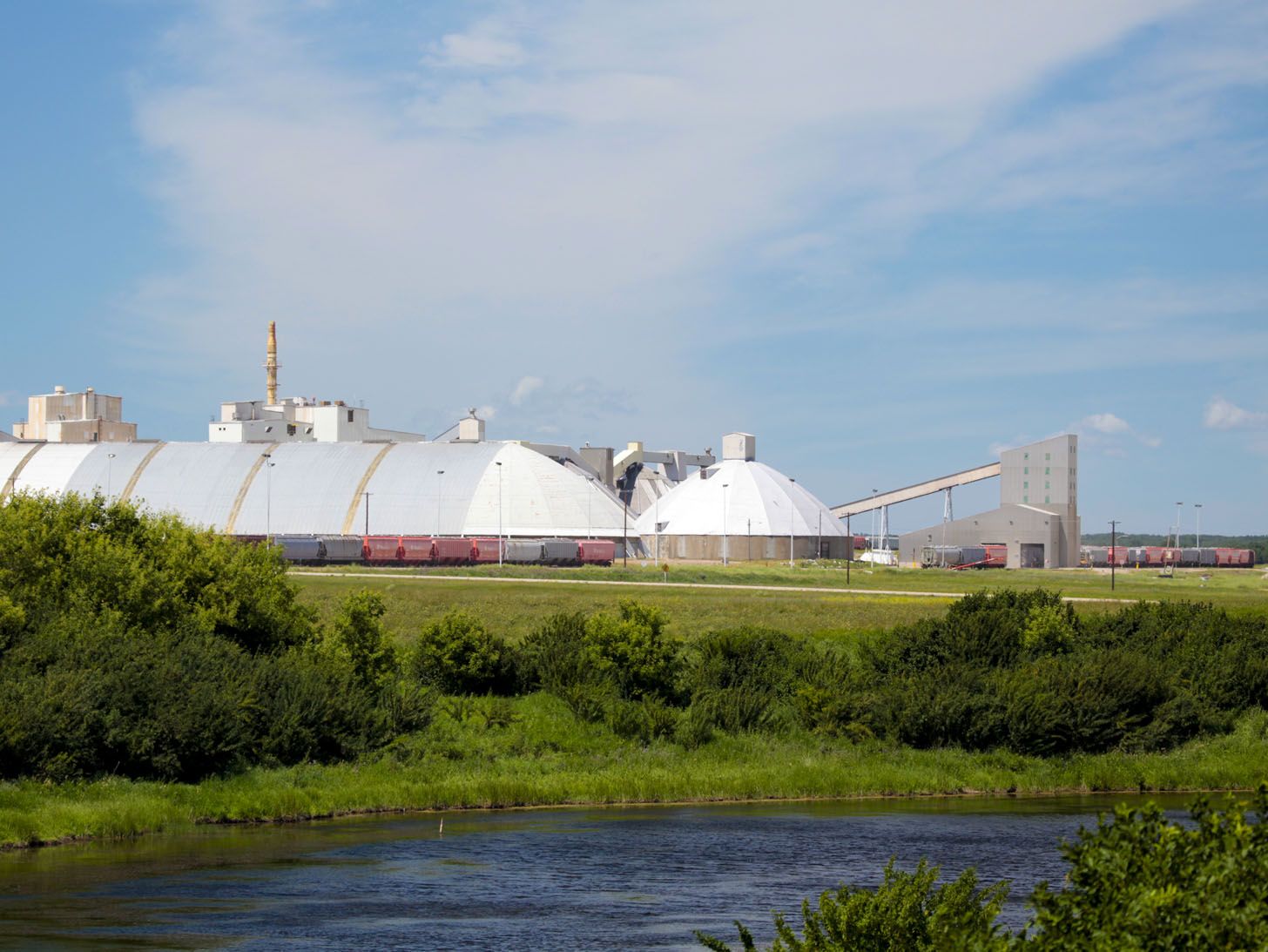
Healthy Soil Will Fuel the Ag Industry for Years to Come
Byline: Lizzie French
Growers have many changing variables to consider - weather, labor and costs are a few. One variable that we think has a lot of potential to greatly enhance an operation’s success is soil health. At Nutrien, we are committed to and investing in soil health research so we can better serve our customers. We can recommend location-specific products that enhance yield and maintain the long term productive capacity and biology of the soil
Soil Complexity
Soil is complex. Soil health is the result of interacting chemical, physical, and biological parameters that enable the soil to sustain its productive capacity, filter water, and build soil carbon.
Healthy soil is full of life. In fact, just one gram of healthy soil contains thousands of species of microbes, up to a billion bacteria, and hundreds of meters of fungi. These microbes play a big role in overall plant and soil health: they cycle nutrients to improve plant uptake, they promote plant growth, they protect crops from stressors including pests and pathogens, and they even improve soil structure and can break down soil contaminants.
Soil health is directly related to human health. When soil is healthy, it leads to cleaner water and healthier humans, which is one of the reasons it’s so important to fully understand and optimize it. Approximately 78 percent of the average per capita calorie consumption worldwide comes from crops grown directly on soil and another 20 percent comes from food sources that rely indirectly on soil, highlighting just how important soil is to human life.
Local Relevance
As we look to the future, it is important to better understand soil complexity, which allows us to better serve our customers by recommending location-specific biological products for yield enhancement and maintaining a healthy and sustainable microbiome.
The soil that produces soybeans in Iowa isn’t the same as almond grove soil in California. One farm can even be vastly different from another farm just down the road. That’s why it’s important to provide localized and customized recommendations.
Nutrien has been collecting soil samples for decades and has amassed the largest soil and plant nutritional database in the industry. We’re able to pull from this dataset to provide local soil health recommendations, understanding that there are big differences regionally that should be accounted for when it comes to optimizing soil health.
Soil health practices can be incorporated into any agricultural system, but they need to be locally relevant and enable profitability. Nutrien crop consultants utilize data we’ve collected from approximately 900,000 soil samples per year to help create localized recommendations for biological products. Nutrien is also growing approximately 10 percent a year in the number of samples we collect, so our data continues to expand, making our localized recommendations even more powerful.
Research for the Future
In order to enhance soil health, we need to fully understand it, which is why Nutrien has made so many investments into soil health research.
We know that soil biology is incredibly important to soil health, but is still a new area with lots remaining to be explored. We believe that understanding soil biology will be key to enabling improved nutrient use efficiency, better pest and pathogen management and overall soil health. To that end, we’ve begun a pilot program to better understand the biological component of soil health. Through the pilot, we’ll measure soil biological capacity for nutrient cycling to arm our crop consultants with a tool to provide better recommendations for sustainable fertility management, biologicals and nature-based products The pilot kicks off this fall and we can’t wait to see the results.
Nutrien’s Agronomy and Environmental Sciences are collaborating with industry partners to develop soil health tests that focus on biological nutrient cycling to drive nutrient use efficiency with Loveland Products biological and nature-based products and recommend locally-relevant soil health practices.
It’s these research efforts that enable us to pair profitability with sustainability in order to help preserve and enhance soil health for growers, and we look forward to doing even more in the future to unlock the complexity and understand the benefits of soil health.
Related stories
Explore more about Nutrien



Nutrien donates more than 600 acres to the City of Soda Springs, Idaho
The City of Soda Springs, Idaho received a large land donation from Nutrien subsidiary, Nu-West Industries in May 2024. The land, Ledger Creek, is a 608-acre wetlands conservation property located south of Soda Springs which includes 200 acres of wetlands, a six-acre pond, almost one mile of stream, 400 acres of upland habitat, and the associated water rights.
Read more